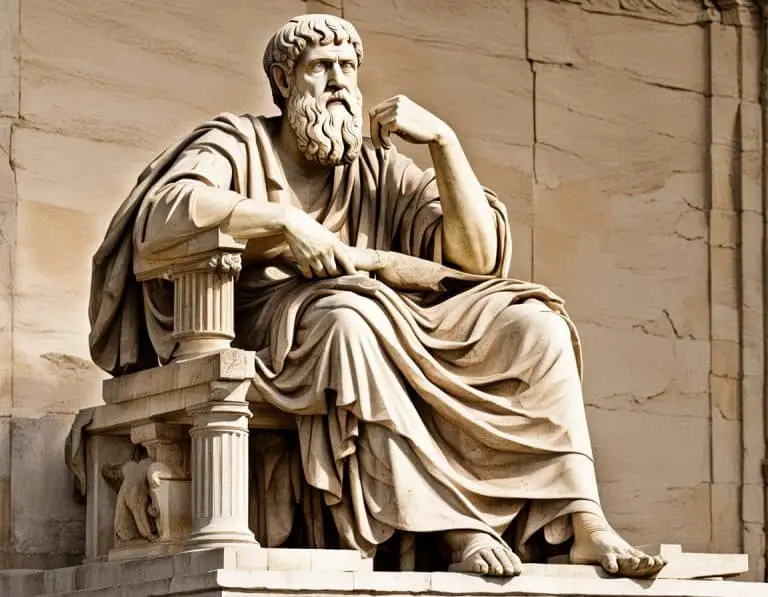Introduction
Plato’s Myth of Er, found in The Republic, is a powerful narrative that explores the nature of the soul, free will, and destiny. The myth tells the story of Er, a soldier who experiences the afterlife and returns to share his insights on the process of reincarnation and the choices souls make before being reborn. This allegory has significantly influenced philosophical discussions on free will and destiny, raising questions about human agency, moral responsibility, and the cosmic order. This article examines how the Myth of Er continues to shape perspectives on these issues.
The Myth of Er: An Overview
The Myth of Er describes a journey through the afterlife where souls are judged and either rewarded or punished. After a period of purification, they are given the opportunity to choose their next life, guided by the Moirai, or Fates. Plato’s emphasis on choice suggests that individuals bear responsibility for their destinies, reinforcing the idea that free will exists within a structured cosmic order. However, the presence of fate and divine justice raises questions about the extent of human autonomy.
Free Will and Moral Responsibility
Plato’s narrative suggests that while destiny plays a role in the structure of existence, individuals still have the power to shape their future through choices. The process of selecting a new life implies an element of moral responsibility—souls that have learned from past experiences can make wiser decisions, whereas those blinded by past misdeeds may repeat mistakes. This balance between preordained cosmic law and personal agency echoes debates in modern philosophy, theology, and psychology regarding determinism and free will.
Destiny and the Cosmic Order
Although Plato presents a system where choices determine future outcomes, he also introduces the idea that some aspects of life are beyond human control. The distribution of possible lives, influenced by fate, suggests that while individuals exercise choice, their options are not limitless. This raises philosophical questions about whether true free will exists if external forces shape the parameters of choice. Contemporary discussions on destiny in existentialism and religious thought often reflect similar tensions between personal agency and predetermined cosmic structures.
Plato’s Myth of Er offers a compelling exploration of free will and destiny, illustrating a nuanced perspective that integrates moral responsibility with a structured cosmic order. While individuals are granted the power to choose their futures, their options are framed within a system governed by higher laws. This allegory continues to inform discussions on ethics, metaphysics, and personal responsibility, highlighting the enduring relevance of Plato’s philosophical insights in contemporary debates on human agency and fate.
